
The EEAG Report on the European Economy 2014
The Road Towards Cohesion
Read or listen offline
Recommendation
Each year, eminent economists with the European Economic Advisory Group of CESifo, a European research institution, gauge the fiscal and monetary well being of the euro zone as it slowly attempts to grow into a single, fully unified entity. Their analysis of 2013 compared to 2012, published in February 2014, details the region’s year-over-year economic circumstances, as well as its needs for further reforms. In particular, developing a single banking system for the euro zone remains problematic. The report examines the results of austerity since the sovereign debt crisis and proposes that Switzerland might provide a good model from political and economic unity. Policy makers and finance professionals who need a detailed précis on how the European economic situation evolved in 2013 will find this report valuable. Its only downside may be a tendency to equivocate, a common characteristic of economists – even more so, perhaps, when six of them collaborate on a compendium about a very fluid situation. Nevertheless, getAbstract recommends this comprehensive report for its trenchant, useful insights.
Take-Aways
About the Author
The European Economic Advisory Group consists of economists Giuseppe Bertola, EDHEC Business School; John Driffill, Birkbeck College; Harold James, Princeton University; Hans-Werner Sinn, CESifo Group president; Jan-Egbert Sturm, KOF Swiss Economic Institute; and EEAG chairman Ákos Valentinyi, Cardiff Business School.








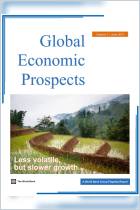
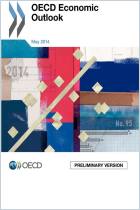
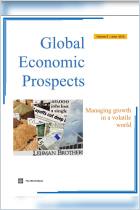
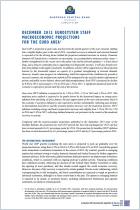
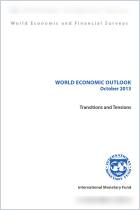
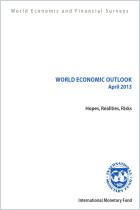


Comment on this summary or Начать обсуждение